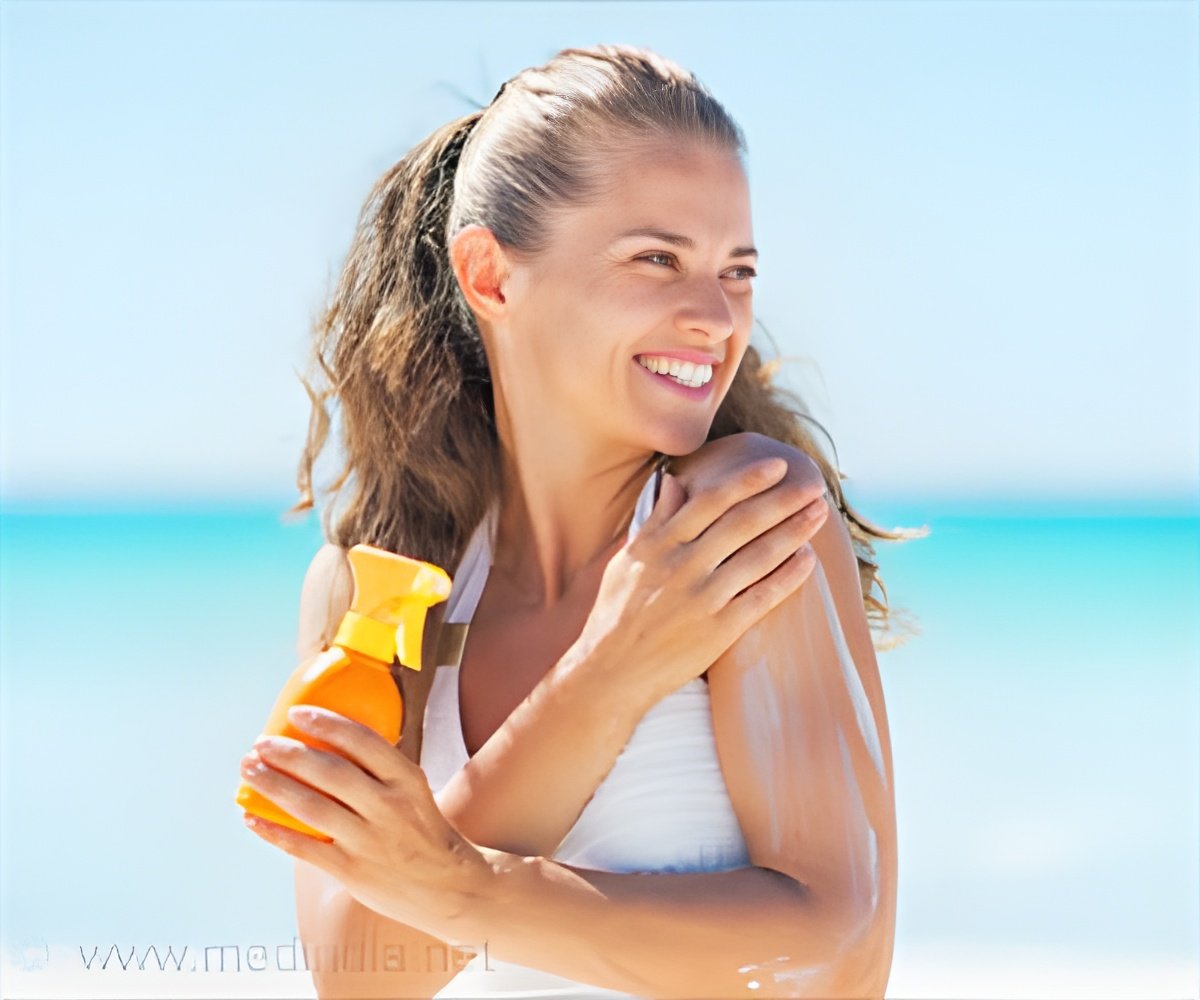Scientists infer that sunscreen can be dangerous hazards to the environment and in particular to marine life.

Researchers Antonio Tovar-Sanchez and David Sánchez-Quiles have found out that when sunbathers decide to take a dip in the sea to cool off, some of their lotions and creams are washed out into the water.
Of the 200 million tourists and visitors to the Mediterranean coast, the scientists sampled 10,000 beachgoers from Majorca Island's Palmira beach.
The study indicated the inorganic oxide nanoparticle content in 1 g of commercial sunscreen produces rates of H2O2 in seawater of up to 463 nM/h, directly affecting the growth of phytoplankton. Conservative estimates for a Mediterranean beach reveal that tourism activities during a summer day may release upto of 4 kg of TiO2 nanoparticles to the water and produce an increment in the concentration of H2O2 of 270 nM/day.
Based on lab tests, seawater sampling and tourism data, the researchers concluded that titanium dioxide from the sunscreen was largely responsible for a considerable rise in hydrogen peroxide levels in coastal waters. This can cause great harm to phytoplankton, the microscopic algae that feed everything from small fish to shrimp to whales.
This study appeared in the ACS journal Environmental Science & Technology.
Advertisement
Source-Medindia










